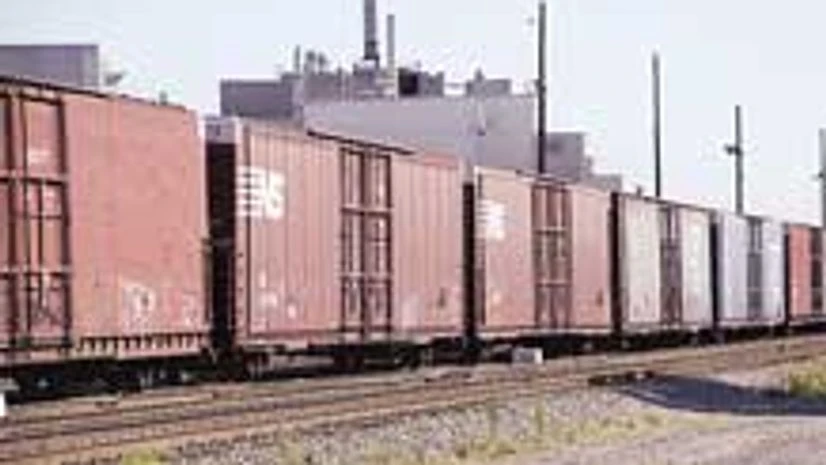India is likely to get its first freight-specific rail line commissioned in December, three months ahead of schedule, in Bihar. The 56-km stretch, part of the eastern arm of the ambitious Rs 82,000-crore dedicated freight corridor project, will ease coal evacuation traffic from mines in the eastern region.
“We will be able to bring the stretch between Durgawati and Sasaram into operation in December, ahead of the targeted commissioning at the end of the current financial year. We have submitted the papers to the CRS (Commission of Railway Safety) for safety clearance and his approval is expected to come in two months,” a senior executive at Dedicated Freight Corridor Corporation (DFCC), the special purpose vehicle implementing the project, told Business Standard.
The double-line pilot section will be commissioned with an investment of Rs 1,000 crore, which has been sourced from the Indian Railways as equity. “Funding is not anymore a constraint for us. The Signalling and Electrification works for the stretch have been completed by Larsen & Toubro, while the civil works package was delivered by other domestic companies,” said the executive quoted above.
More From This Section
The section is being constructed with an average investment of Rs 20 crore per km. DFCC is building 3,000 km of double-track freight-specific lines from Ludhiana in Punjab to Dankuni in West Bengal as the eastern DFC and from Dadri in Uttar Pradesh to Jawaharlal Nehru Port Trust in Mumbai as the Western DFC.
The project is aimed at relieving the congested railways network by separating freight traffic from passenger lines.
DFCC officials said 85 per cent of land required for the project has been acquired and complete funding has been tied up from the World Bank for the Eastern arm and Japan International Cooperation Agency for the Western corridor. Contracts worth Rs 17,000 crore have been awarded since October 2014 against Rs 13,000 crore contracts awarded between 2006 and 2014.
Apart from the small 56-km long pilot, the project will be commissioned in phases between 2017 and 2019.
When commissioned, the Eastern and the Western arms of the DFCC will divert 70 per cent of the one-billion tonne freight traffic from Indian Railways and push railways’ share of freight from the existing 36 per cent to 45 per cent by 2019.

)
